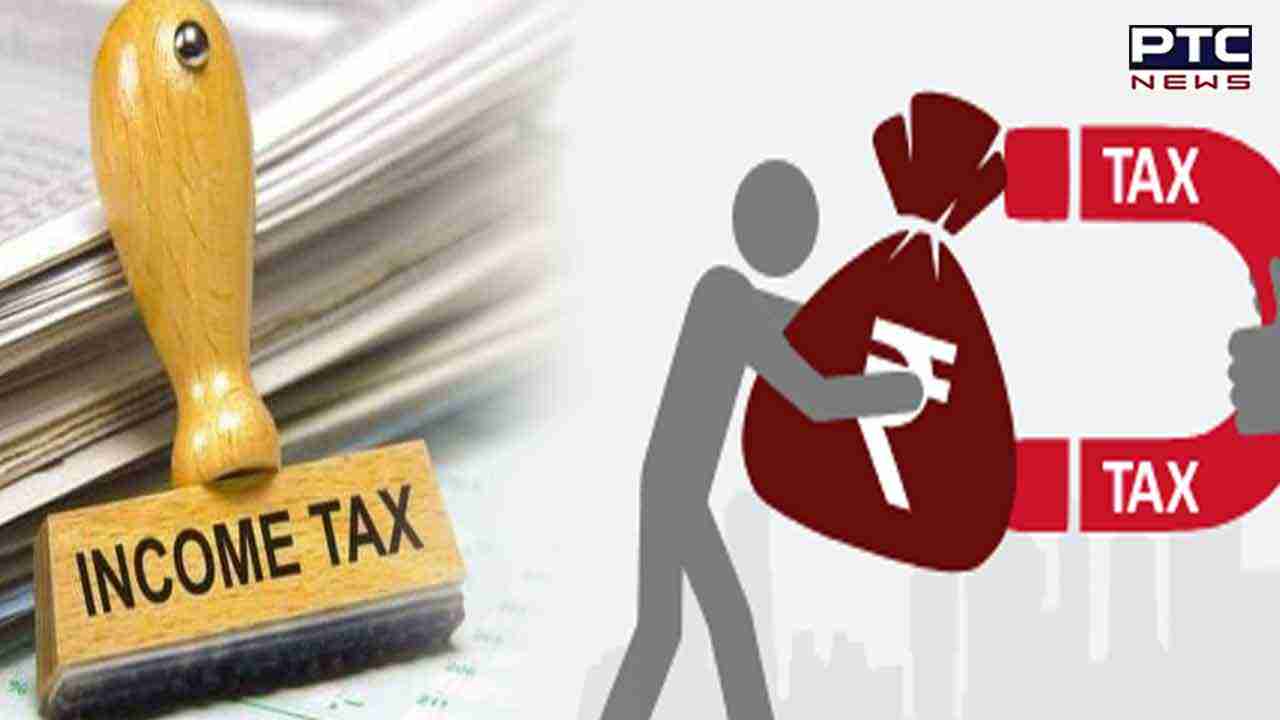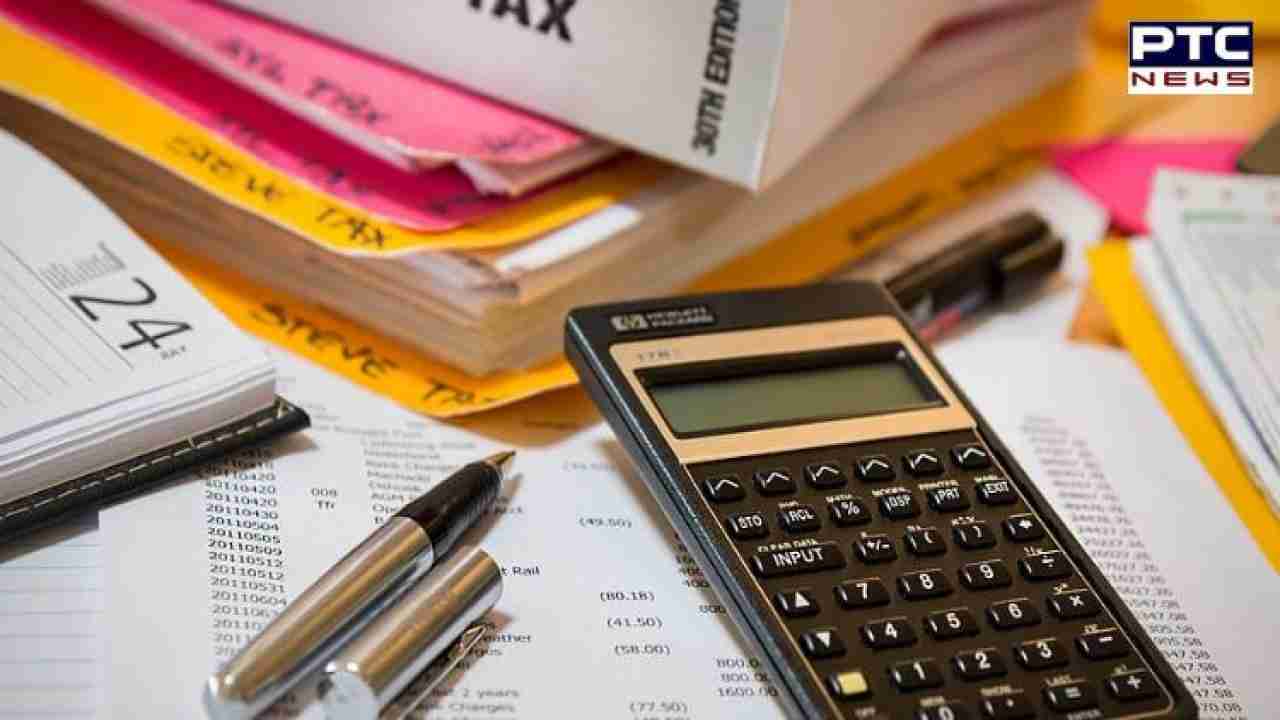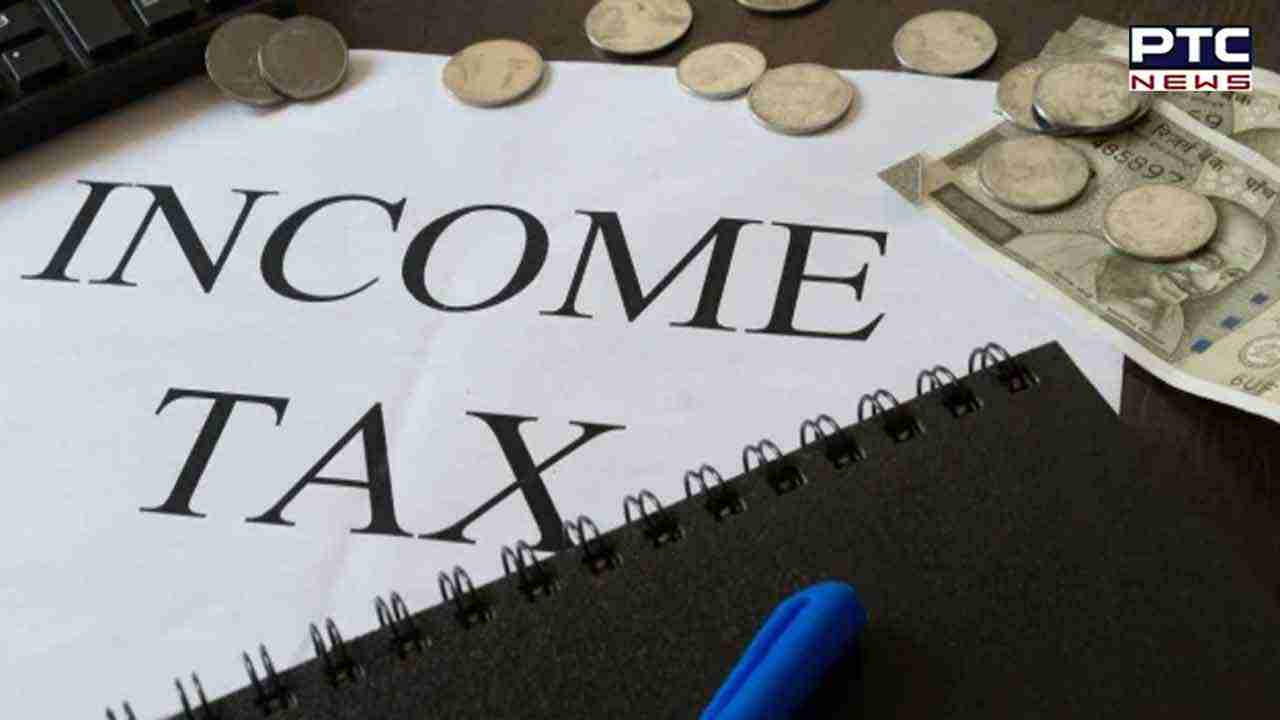

Income Tax Day: How to save your income tax for FY 2023-24?
Income Tax Day 2023: Income tax day refers to the deadline for individuals and businesses to file their income tax returns with the relevant tax authorities. The day is celebrated every year on 24 July to spread awareness around the importance of taxes and encourage more and more people to pay taxes for the development of the nation.
On this day, taxpayers must submit their tax returns, reporting their income, deductions, credits, and other relevant financial information from the previous year. The tax returns are used to calculate the amount of taxes owed or the refund due to the taxpayer.

Income tax is a form of tax levied on an individual's or entity's income or earnings. The tax rate is usually determined by the level of income earned by the taxpayer, and it can be applied to various types of income, including wages, salaries, interest, dividends, capital gains, rental income, and other sources.
Invest in Tax-saving Instruments: Utilise tax-saving investment options like Equity-Linked Savings Schemes (ELSS), Public Provident Fund (PPF), National Savings Certificate (NSC), or tax-saving fixed deposits.
Contribute to Employee Provident Fund (EPF): If you're a salaried individual, contributing to EPF can reduce your taxable income. The employee's contribution to the EPF is eligible for deduction under Section 80C.

Health Insurance Premiums: Paying premiums for health insurance policies for you, your spouse, children, or parents can lead to deductions under Section 80D.
Home Loan: If you have a home loan, the interest component of the EMI can be claimed as a deduction under Section 24(b), up to a specified limit.
Education Loan: If you have an education loan for higher studies, you can claim a deduction on the interest paid under Section 80E.

House Rent Allowance (HRA): If you are a salaried individual and live in a rented house, you can claim HRA as an exemption from your taxable income, subject to certain conditions.
National Pension System: Contributions to the NPS are eligible for an additional deduction of up to Rs.50,000 under Section 80 CCD(1B).
Tax-efficient Investments: Consider investing in instruments that offer tax-efficient returns, such as tax-free bonds or tax-saving mutual funds.
Plan your salary structure: If your employer allows flexibility in structuring your salary, optimize it to include more tax-free allowances and reimbursements.

File tax returns on time: Filing your tax returns on time is crucial. Late filing can lead to penalties and the loss of certain deductions.
- With inputs from agencies
